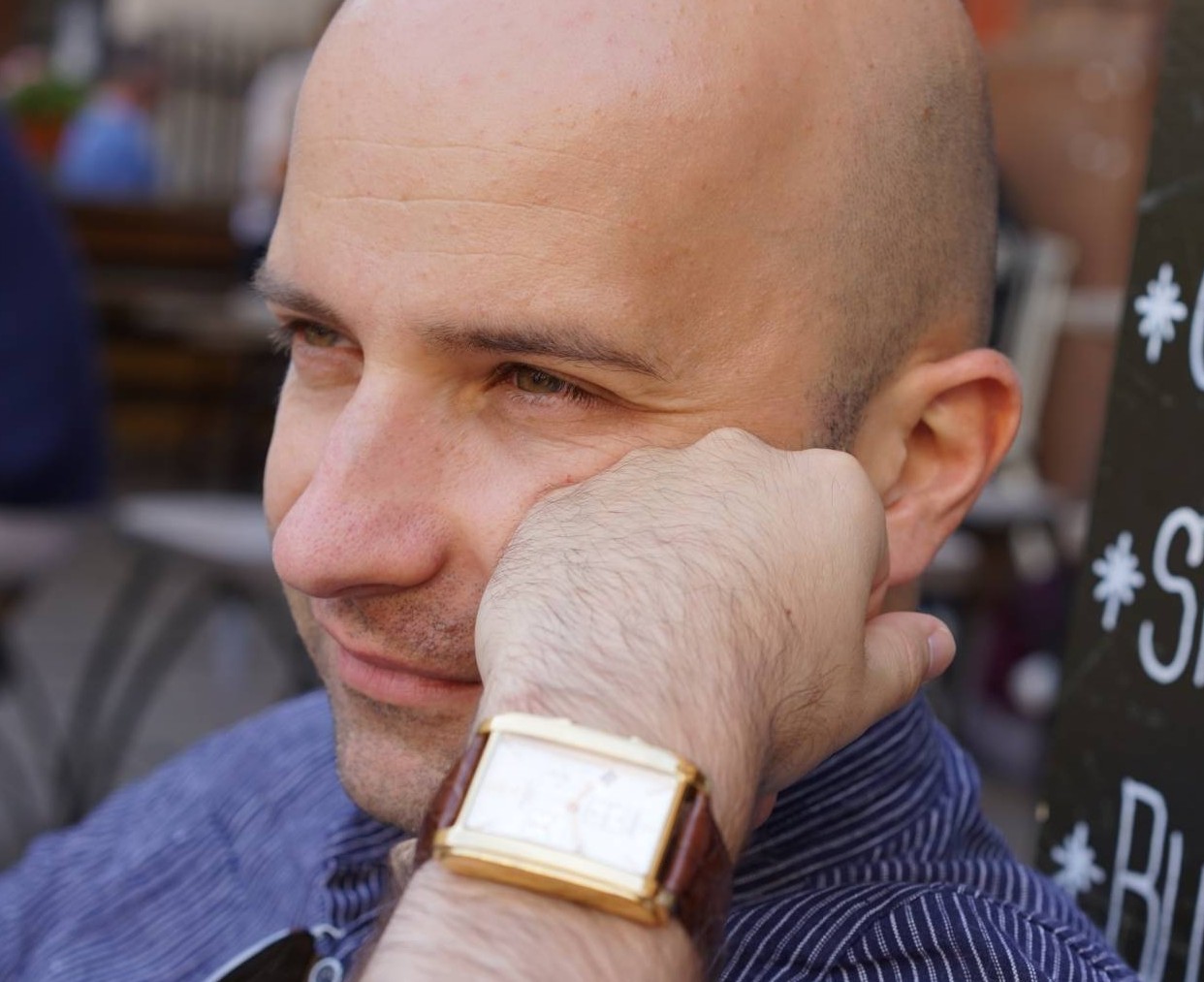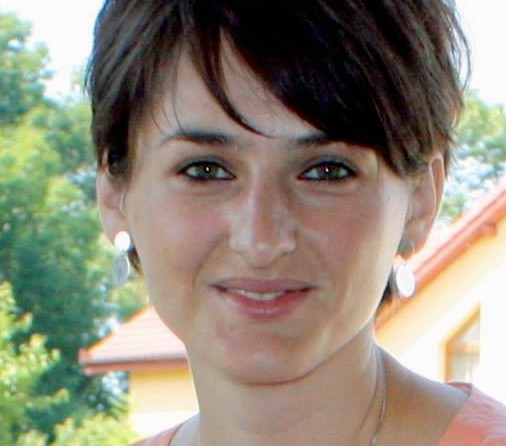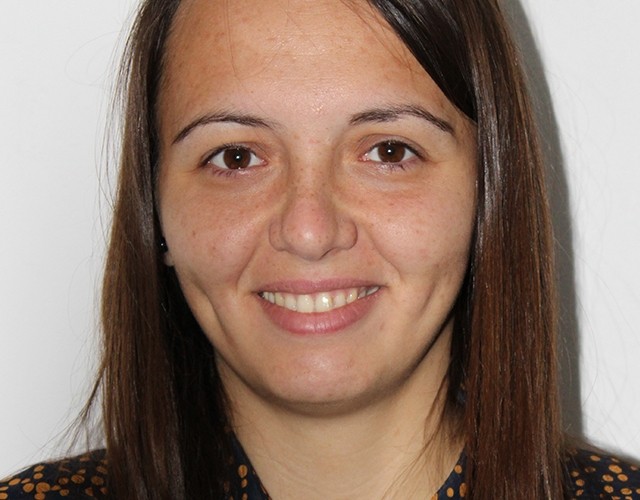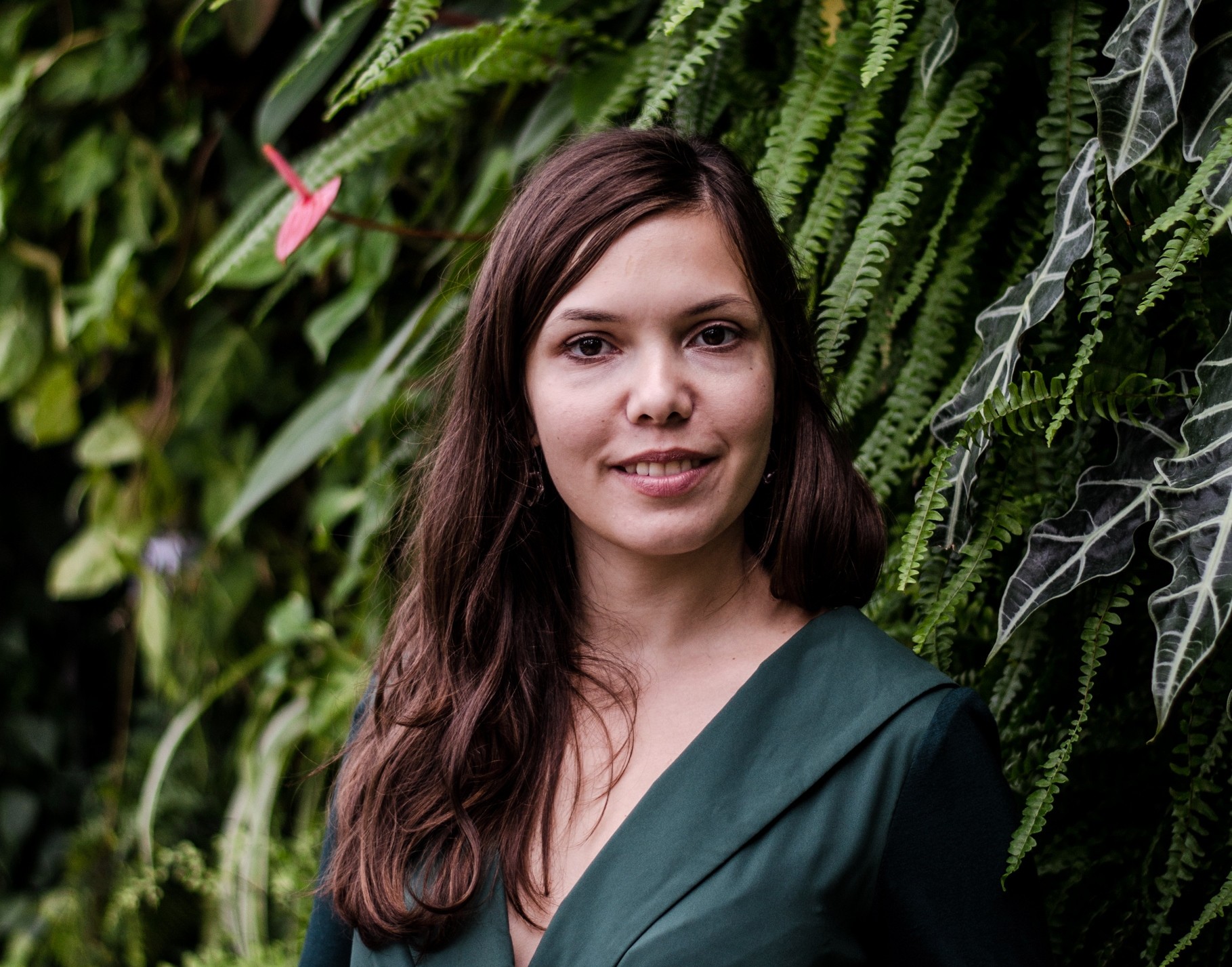
DIRECTOR
Andrei C. Miu, Ph.D.
Andrei Miu is Professor at the Department of Psychology, and the Founding Director of the Cognitive Neuroscience Laboratory, Babeș-Bolyai University. He received his B.A. in Psychology from Babeș-Bolyai University, his M.Sc. in Molecular Medicine and Neuroscience from “Iuliu Hațieganu” University of Medicine and Pharmacy, and his Ph.D. in Psychology from Babeș-Bolyai University. His research investigates the psychological and biological underpinnings of emotion and emotion regulation, with the aim of uncovering individual differences that contribute to risk for psychopathology. His graduate and undergraduate courses include Introduction to Neuroscience, Behavioral Genetics, Cognitive Neuroscience, Neuroscience and Mental Health, and Psychophysiology.
andreimiu[at]psychology.ro | ResearchGate Profile | Google Scholar Profile


RESEARCHER
Romana Vulturar, M.D., Ph.D.
Romana Vulturar is Lecturer in the Department of Cell and Molecular Biology, "Iuliu Hațieganu" University of Medicine and Pharmacy. She received her M.D. in 1996, and her Ph.D. in Medicine - Cell and Molecular Biology in 2004, both from the “Iuliu Hațieganu” University of Medicine and Pharmacy. She also holds an M.Sc. degree in Molecular Medicine and Neuroscience, and she completed her medical residency (2000-2005) in the field of Medical Genetics. Since 2011, she is Senior Physician (the highest degree for physicians in Romania) in Medical Genetics, being involved in the diagnosis of certain rare genetic disorders like Inborn Errors of Metabolism. She joined the Cognitive Neuroscience Laboratory in 2008, where she has supervised the development of laboratory protocols for genetic association studies and she has contributed to gene-environment interaction studies on emotion and emotion regulation.

RESEARCHER
Adina Chiș, Ph.D.
Adina Chiş is Lecturer at the Department of Cell and Molecular Biology, “Iuliu Haţieganu” University of Medicine and Pharmacy, Cluj-Napoca. She received her B.Sc. in Biology in 2005 and her M.Sc. in 2006 from the Faculty of Biology, Babeş-Bolyai University. In 2011, she completed her Ph.D. in Biotechnology at the University of Agricultural Sciences and Veterinary Medicine, Cluj-Napoca. Dr. Chiș has been a member of the Cognitive Neuroscience Laboratory since 2011, where she also conducted her postdoctoral research, funded by a grant from the Romanian National Authority for Scientific Research. Her postdoctoral research has focused on genetic influences on stress reactivity in infants, and she has contributed to gene-environment interactions studies on biomakers of stress reactivity.


GRADUATE STUDENT
Ioana Bunea
Ioana is a Ph.D. student in Cognitive Psychology at Babeș-Bolyai University. Her research focuses on the influence of child maltreatment on the development of stress reactivity and emotion regulation in adolescence. She holds an M.A. in Clinical Psychology and Cognitive-Behavioral Psychotherapy from Babeș-Bolyai University. In 2014, she received the Babeș-Bolyai University Undergraduate Fellowship for her research on childhood maltreatment and difficulties in emotion regulation.

GRADUATE STUDENT
Alexandra Huh
Alexandra Huh is a Ph.D. student in the Cognitive Neuroscience Laboratory. She earned her B.A. in Psychology at the University of Bucharest and her M.Sc. in Developmental and Clinical Psychology at the University of Heidelberg. During her master’s studies, she worked as a research assistant in the Department of Developmental and Biological Psychology, being involved in research projects on face processing, development of categorization and the effects of ostensive signals (infant-directed speech) on attentional processes in infants, assessed using event-related potentials (ERP). Alexandra is passionate by developmental neuroscience and interested in emotion and emotion regulation in typically developing adolescents. She is using a multidisciplinary approach, including behavioral (Experience Sampling) and electrophysiological (EEG) methods.

GRADUATE STUDENT
Raluca Szekely-Copîndean
Raluca D. Szekely-Copîndean has a B.A. in Psychology and one in Law, and an M.A. in Clinical Psychology from Babeș-Bolyai University. Her doctoral research investigates the role of emotion in moral decision making. She is currently focusing on developing new ways to assess moral judgment and moral behavior outside the lab and integrating physiological methods such as high-density EEG in investigating individual differences in moral decision. As member of the Cognitive Neuroscience Laboratory since 2008, Raluca contributed to several projects on psychophysiology of emotion and emotion regulation, economic decision making, and gene-environment interactions in vulnerability to psychopathology.


GRADUATE STUDENT
Simina Pițur
Simina Pițur is a Computer Science and Psychology graduate, having earned both degrees at Babeș-Bolyai University in Cluj-Napoca. Her attempts to generate music with artificial neural networks have led her to pursue more specific inquiries about art and the mind. Her main interests are aesthetic emotions, music, language and memory.

UNDERGRADUATE STUDENT
Mădălina Buciuman
Mădălina Buciuman is an undergraduate student in Psychology at Babeș-Bolyai University and she works as an intern in the Cognitive Neuroscience Laboratory. Showing an early interest in understanding the neurophysiological processes, Mădălina participated in the National Olympiads of Biology and Psychology and in 2015, she undertook a summer internship at the Laboratory of Pharmacology and Physiology, Bristol University, UK. Since she joined the Cognitive Neuroscience Laboratory, she has become particularly interested in the genetic and psychophysiological mechanisms underlying individual differences in emotion, sensation and regulatory processes.

UNDERGRADUATE STUDENT
Andreea Țăpuc
Andreea Țăpuc is a second year student in the Psychology bachelor’s program at Babeș-Bolyai University. Her involvement in the activity of the Cognitive Neuroscience Laboratory has nurtured an interest in emotion regulation, empathy and moral decision-making, as well as attentional bias to threat and its role in anxiety.
